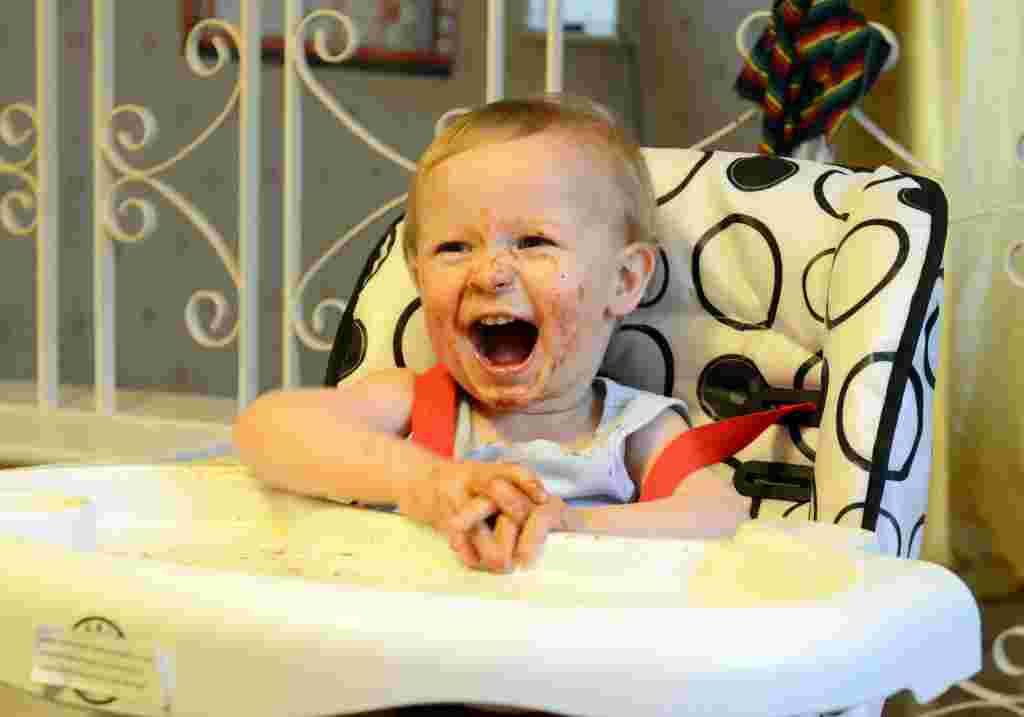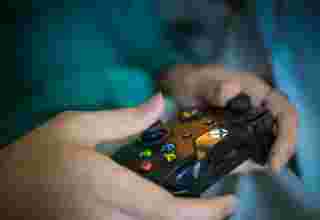As part of National Chocolate Week (10-16 October), Christmas around the corner and the Stress-Less Weaning campaign, Babymoov’s nutritionist, Julia Wolman, provides some valuable advice on giving the nation’s favourite sweet treat – chocolate – to your little one.

The sugar issue – Current weaning advice recommends that you avoid giving sugary foods such as chocolate to babies during their first year. Not only are sugary foods harmful to tiny teeth but they can also be quite filling for tiny tummies and, if given between meals, could reduce your baby’s appetite for – and acceptance of – nutritious foods during the important weaning period.
No food is forbidden – From 12-months, toddler diets typically start to include more sugary foods, for example, at birthday parties. Occasional exposure to chocolate and other treat foods from one year is fine, as long as your little one doesn’t get used to it as a part of their everyday diet.
There is little guidance for food portion sizes for babies. However, the Infant and Toddler Forum provides guidance for one to four year olds, suggesting that a suitable portion of chocolate for this age group is 2-4 squares of chocolate, ½ – 1 chocolate coated biscuit, or 6-8 small chocolate buttons. The portion range is indicative of different ages and appetites from one child to the next and for babies would of course be smaller.
Preferable to sweets – If you had to choose between sweets or chocolate for your baby, chocolate would be a better choice since it contains some milk and therefore provides a little calcium. Darker chocolate also contains some iron, an important micro-nutrient for young children. Sweets on the other hand offer nothing but sugar and, if in contact with the teeth for a long time (as with lollies or chewy sweets), could contribute to tooth decay.
Never as a reward – If you do give your baby or toddler chocolate, it should not be as a reward for good behaviour. Foods given as a reward can be perceived as having a higher value than other foods. Instead, give chocolate as part of a dessert alongside other healthier foods such as fruit or yoghurt.

Babymoov Nutritionist:
Julia Wolman’s educational background includes a BSc (Hons) in Applied Human Nutrition, and a Masters Degree with distinction in Psychology and Nutrition. She is registered with the UK’s Association for Nutrition and a member of the professional nutrition consultant network, SENSE. With over a decade of experience working with NHS Trusts across London, Julia has delivered training to schools and children’s centres, and running healthy eating projects for local families. In 2007, Julia joined MEND Central, an obesity organisation, where she co-developed an internationally successful obesity reduction programme for 2-4 year olds and their families. Since becoming a mother, Julia has offered consulted on behalf of health organisations and nurseries, as well as writing for a number of publications. For the past five years, Julia has been offering weaning support and advice to parents directly.
Stress-Less Weaning:
Designed in collaboration with parents, Babymoov has launched the Stress-Less Weaning campaign to ease anxieties and troubleshoot the problems many parents face when embarking on weaning. Around 7,500 parents a week start to wean their babies, and according to studies, the process of weaning a child is considered one of the main contributors of stress in parents. The questions are endless and although there is a bountiful library of advice available, which can cause confusion amongst parents, especially as these recommendations conflict and change over time.
Babymoov:
Since 1997, Babymoov has been creating products to make the lives of parents easier, helping ensure each moment with their baby is a joyful one. Babymoov’s innovation process puts the top experts at the heart of product development; consulting mothers, professionals and organising observation days within their on-site day nursery. With quality and safety at the forefront of design, Babymoov provide a lifetime warranty on all its products.



















